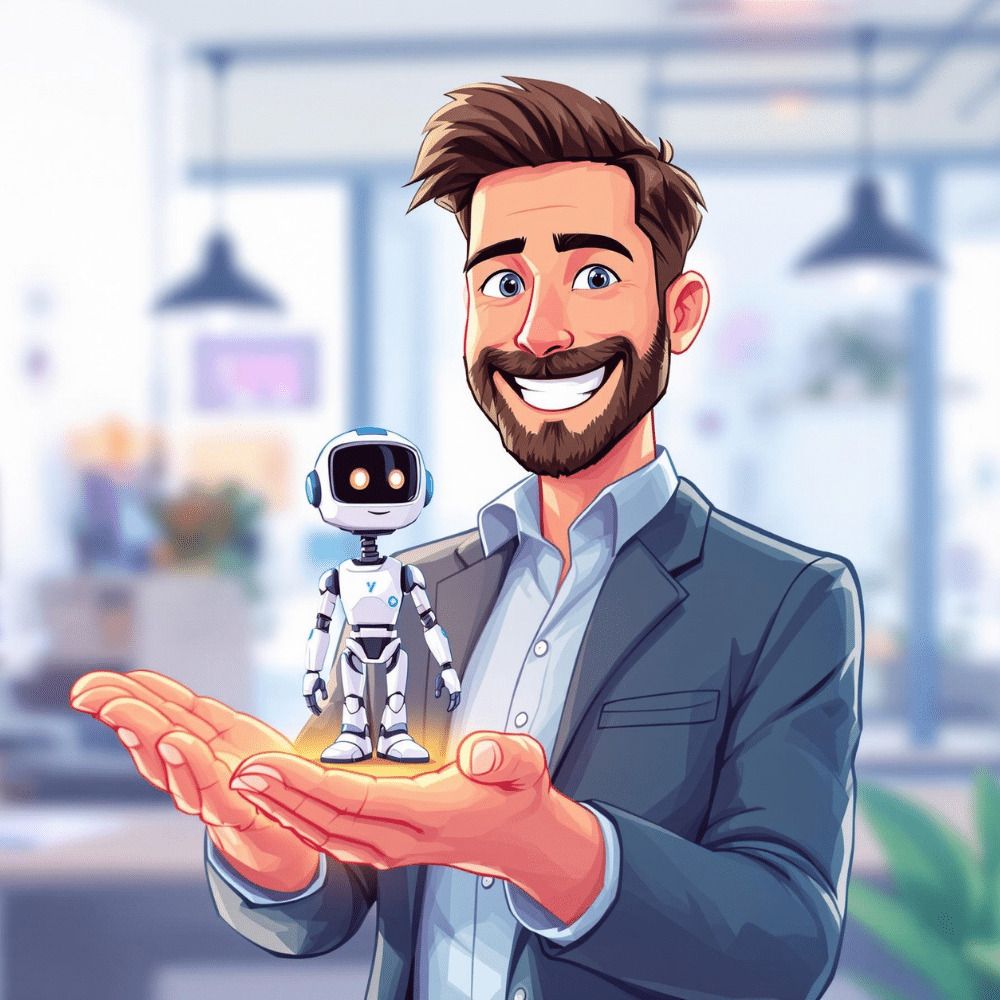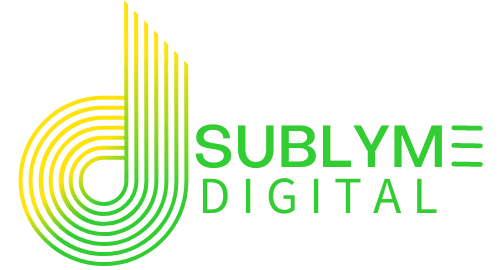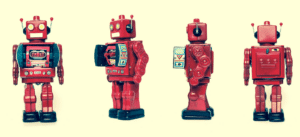
Author: Graham Davidson
Graham Davidson is the Owner and Chief Marketing Guru of Sublyme Digital, leading the agency’s remote-first approach to deliver impactful web design, SEO, and digital growth strategies for businesses across North America.
The Surprising Power of AI-Driven Facebook Ads in 2025
Key Takeaways
- AI-driven Facebook ad options are transforming campaigns, optimization, and reporting for marketers and business owners.
- Early adopters gain speed, efficiency, and data-driven targeting advantages, but must be mindful of creative limitations and transparency concerns.
- Human oversight, testing, and a willingness to adapt are crucial for maximizing the benefits of AI-powered ad solutions.
- Successful brands will blend AI automation with human insight to create campaigns that are both scalable and authentic.
The Rise of AI in Facebook Advertising
How AI Is Reshaping Facebook Ad Campaigns
AI in Facebook advertising isn’t about replacing marketers—it’s about amplifying their capabilities. The brands that blend automation with authenticity will own the future of digital marketing.

The Pros of Using AI in Facebook Ads
The Cons and Caveats: Where AI Falls Short
Best Practices for Using Facebook’s AI Ad Tools
FAQs:
Answer: Facebook’s AI tools use machine learning to analyze data, generate creative assets, optimize targeting, and adjust bids in real time, all aimed at improving campaign performance.
Answer: AI can match or exceed human performance in certain areas, especially for A/B testing and budget allocation. However, human oversight is crucial for maintaining brand voice and authenticity.
Answer: Risks include loss of creative control, transparency issues, potential compliance violations, and the danger of campaigns feeling generic if not properly managed.
Answer: Start with small-scale experiments, compare results with manual campaigns, and evaluate both quantitative and qualitative outcomes before scaling your use of AI tools.
Answer: AI will automate many technical tasks, but human creativity, strategy, and ethical judgment will remain essential for successful marketing.
Success Stories
365 Data Centers
Discover how we rapidly rebuilt and optimized a 30-page website for 365 Data Centers, restoring their online presence and managing digital ad campaigns across key regions to drive engagement and growth.
XTECH Football Pads
Discover how we transformed XTECH Football Pads‘ digital presence, boosting their online sales and tripling website traffic through innovative website development and user experience enhancements.
BeEarth Foundation
Discover how we partnered with the BeEarth Foundation to develop a website that aligns with their mission of sustainability and global engagement. Our work has significantly increased their online visibility and engagement, supporting their efforts to promote sustainable development.
We Recycle Solar
Learn how we illuminated digital success for We Recycle Solar by completely redesigning their website to reflect their leadership in the growing solar recycling industry and implementing strategic digital advertising campaigns that enhanced their visibility at key industry events.
Preferred Home Health Care & Nursing Services
Explore how we elevated the digital presence of Preferred Home Health Care & Nursing Services by enhancing their website for better lead generation, building a dedicated site for staff recognition, and optimizing SEO for their location pages.
What Our Clients Say: Elevating Online Success
We Build Cool
The Future of AI-Driven Facebook Advertising
Facebook’s AI ad tools are not a passing trend—they represent the future of digital marketing on the platform. As algorithms become more sophisticated, the line between human and machine creativity will continue to blur. Brands that embrace this evolution, while maintaining a strong sense of identity and oversight, will thrive in the new landscape.
Final Thoughts
Let's Build Something Sublyme
Ready to unlock the full potential of AI-powered Facebook ads for your business? Partner with experts who understand both the technology and the art of digital marketing. Contact Sublyme Digital today for a personalized strategy session and discover how to blend AI innovation with authentic brand storytelling.



